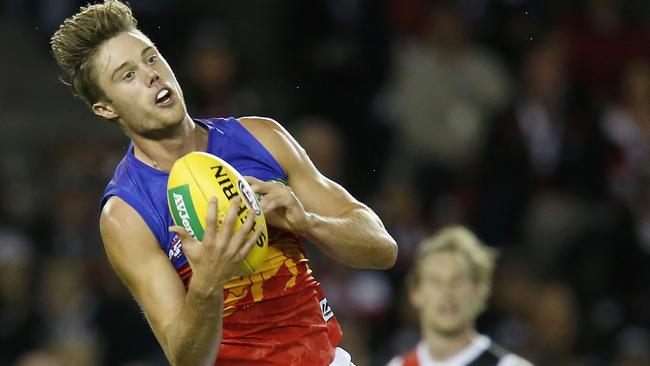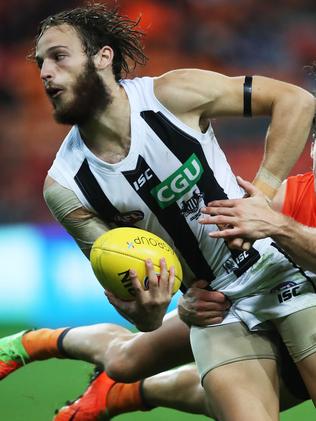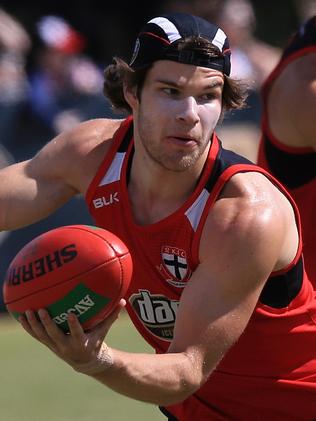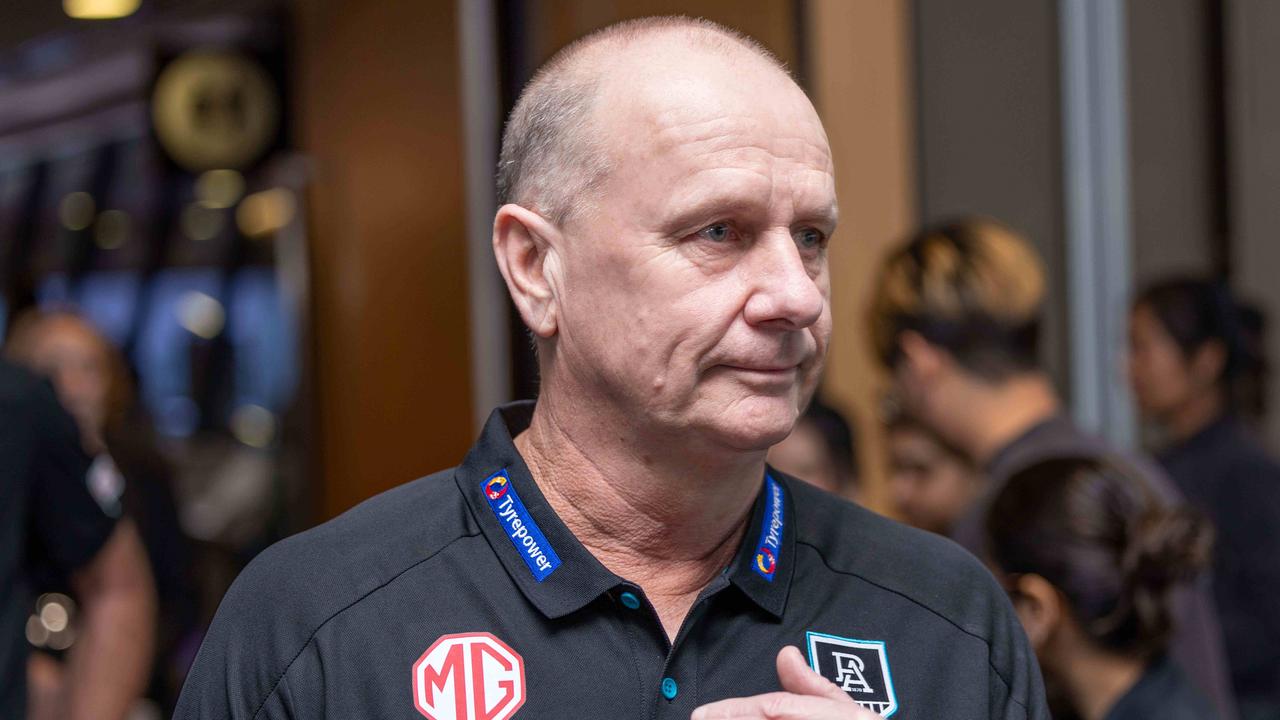AFL to keep two-year contracts for draftees despite clubs pushing for longer deals
THE AFL won’t increase the length of contracts for draftees despite clubs pushing for two-year deals to be increased as the Lions brace for the possibility of No.2 pick Josh Schache departing. HAVE YOUR SAY

AFL News
Don't miss out on the headlines from AFL News. Followed categories will be added to My News.
PRIZED draftees will continue to be vulnerable to poaching raids in their second season after a failed push to increase the length of player contracts.
The Herald Sun can reveal there will be no overhaul to the standard two-year playing contract in the AFL’s new Collective Bargaining Agreement despite a massive push from clubs to double the contract lengths for top draft picks.
CONTRACTS: CLUBS PUSHING FOR LONGER DRAFTEE DEALS
But there will be a major change to the rookie list provisions next season that will allow Category-A rookies to be available for senior selection from Round 1.
Previously Category-A rookies have been forced to wait until a serious injury or other list vacancy to be promoted, but those restrictions will be removed for 2018, giving clubs greater flexibility to promote fringe players.
Brisbane has led the call to increase draftees’ first contracts, with new coach Chris Fagan saying the current two-year model is “borderline ridiculous”, as the club again wrestled with the threat of losing No.2 pick Josh Schache.

Former Lions director Leigh Matthews said Schache’s form was well below expectations in part because “his mind is all over the place”.
Richmond, Collingwood and Carlton are all circling the Seymour goalkicker, while North Melbourne and Melbourne have also been linked to Schache.
James Aish, who was taken pick No.7 in 2013, also walked out on the Lions after two years, along with former Collingwood speedster Nathan Freeman, who quit the club without playing a game.
Fagan on Friday said top draft picks should sign three or four-year contracts to help them settle into life interstate before making big calls on their futures.
The Lions are adamant longer contracts would help protect the northern-states clubs when they were most vulnerable.
“I particularly think for first-round draft picks, it should be three to four years at least before they can consider moving somewhere else, unless there’s some extenuating circumstances,” Fagan said.
“Clubs invest a lot in those first-round picks, and if you’ve got the opportunity to keep them for longer, guaranteed, from a club perspective, that would be fantastic.
“To be thinking about your future two years into a start at a new place and whether you want to go somewhere else is borderline ridiculous.”


But the AFL Players’ Association and leading player agents have strongly resisted the push to increase contract lengths, saying it added unnecessary restriction to player movement and was difficult to predetermine a player’s worth in their third season, especially for top-line talents such as Carlton’s Patrick Cripps and Western Bulldogs’ Marcus Bontempelli.
Players earn up to $73,660 plus $3605 in match payments in their first year and $96,685 plus $5225 in their second year.
The third season would be calculated using historical data on players’ averages wages and games played.
Former AFL operations manager Mark Evans, who has since become Gold Coast chief executive, said there was resistance to the contract increase movement.
“The Players’ Association have some concerns. They wonder how you would value a third year player’s contract given there’s a fair variety or variance in what a third-year player might earn depending on how many games he’s played in his first two years,” Evans said last year.
“But they also think that a player should have the right, given that they’re drafted and have no say where they go, that they should have some rights particularly if they were (taken) in the first round.”
Originally published as AFL to keep two-year contracts for draftees despite clubs pushing for longer deals



